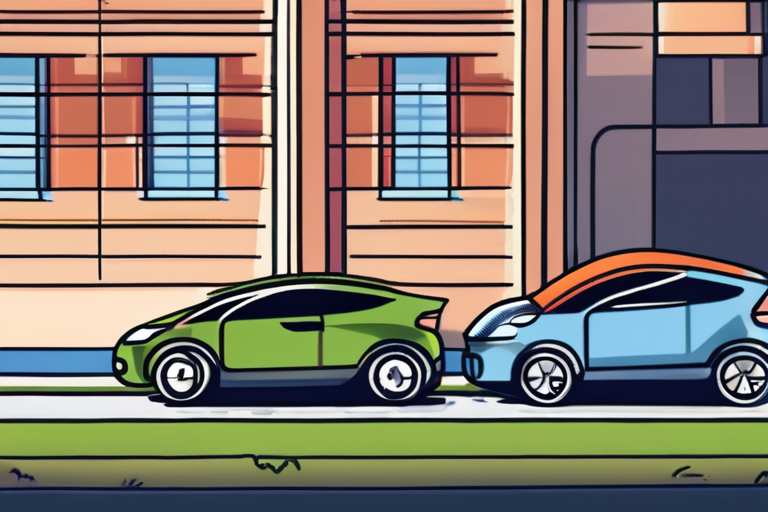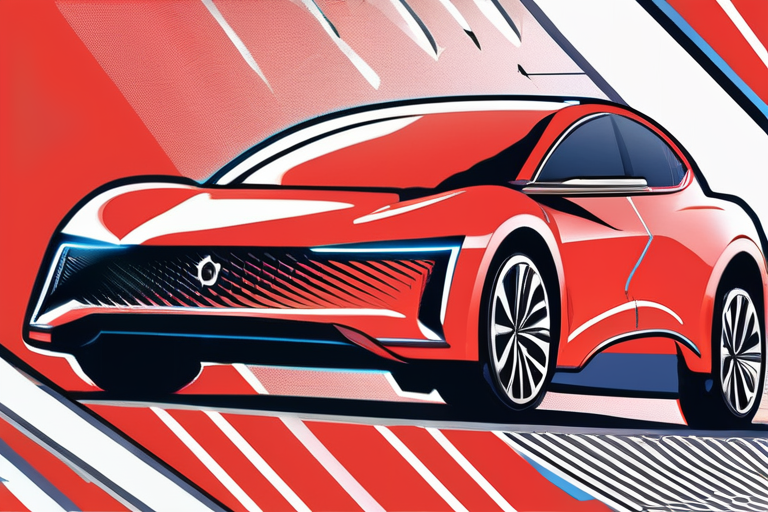Electric Vehicle Tax Credit Expires: What's Next for Clean Transportation?


Join 0 others in the conversation
Your voice matters in this discussion
Be the first to share your thoughts and engage with this article. Your perspective matters!
Discover articles from our community

 Hoppi
Hoppi

 Hoppi
Hoppi

 Hoppi
Hoppi

 Hoppi
Hoppi

 Hoppi
Hoppi
 Hoppi
Hoppi

US Electric Vehicle Sales Surge Amidst Expiring Tax Credit In a sudden and unexpected turn of events, US electric vehicle …

Hoppi

US EV Sales Are Booming—for Now The electric vehicle (EV) market in the United States is experiencing a surge in …

Hoppi

Breaking News: Perfect Time to Buy a Cheap Used EV In a surprise twist, the market for used electric vehicles …

Hoppi

Electric Vehicle Tax Credit Set to Expire on September 30 The electric vehicle tax credit, a cornerstone of climate-friendly policy …

Hoppi

BREAKING NEWS: EV Sales Skyrocket as Sept. 30 Tax Credit Deadline Looms The US is witnessing a surge in electric …

Hoppi
Removal of EV Tax Credit Opens Up Capacity for U.S.-Made Electric Truck Company Slate The elimination of the electric vehicle …

Hoppi